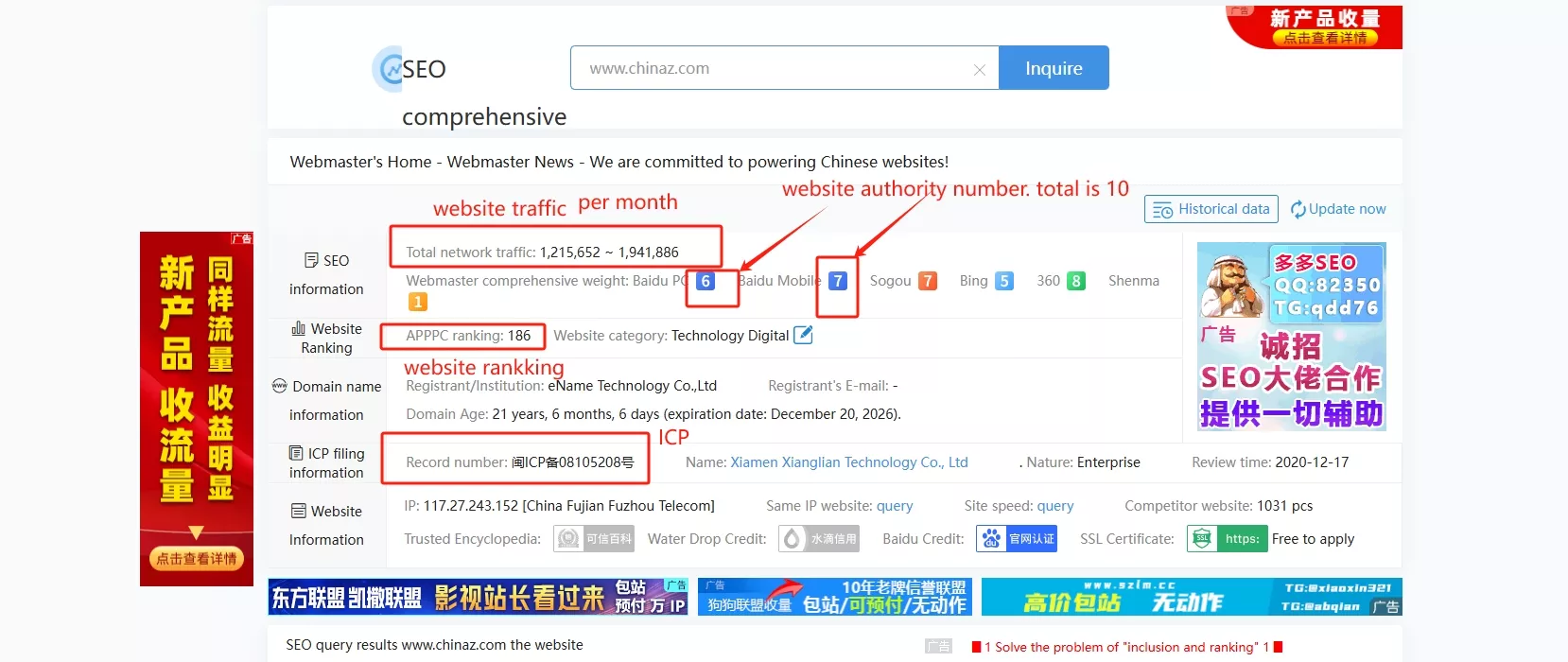Businesses can struggle with China’s social media marketing landscape. Understanding the role of Sina Weibo, WeChat, and Zhihu in digital marketing is crucial given their dominance. Chinese millennials, mobile-savvy users, and e-commerce trends must be considered. This blog post Zzbaimaozi addresses the most pressing questions, such as how these platforms work, which strategies work best, and the challenges businesses face in this dynamic market. Explore China’s fascinating social media marketing world.
Introduction to Chinese Social Media Marketing
Chinese social media marketing is complex but fascinating. Homegrown platforms like Sina Weibo, WeChat, and Zhihu dominate Chinese social media. Chinese citizens use these platforms for messaging, blogging, gaming, shopping, and even financial services.
Chinese social media marketing is crucial to e-commerce. Social media integration has shaped China’s e-commerce trends, creating a unique blend of social commerce that is now an industry standard. Brands now directly engage with customers on these platforms, using user-generated content and influencer marketing to boost visibility and sales. Any business trying to succeed in China must understand this dynamic relationship between social media and e-commerce.

Popular Chinese Social Media Marketing Platforms
Sina Weibo, WeChat, and Zhihu dominate Chinese social media marketing.
Sina Weibo, China’s Twitter, lets brands post updates, interact with followers, and join trending conversations. Sina Weibo marketing involves creating engaging content for the platform’s active and vocal users using its unique blend of text, images, and videos. To increase visibility and engagement on this platform, brands collaborate with influencers, launch hashtag campaigns, and use hot topics.
WeChat, a messaging, social media, and mobile payment platform, is next. WeChat marketing uses official accounts for content publishing, mini-programs for app-like experiences, and WeChat Pay for seamless e-commerce. WeChat is a comprehensive social media marketing tool in China because brands can deliver personalized content, provide customer service, and sell products directly.
Last, Zhihu, China’s Quora, is a knowledge-sharing platform where users ask and answer questions. Zhihu marketing emphasizes credibility and thought leadership. To establish expertise and authority, brands host Q&A sessions, publish informative articles, and participate in relevant discussions. Therefore, Zhihu is a great platform for brands to build trust and credibility among a highly educated and discerning audience.
Understanding these platforms’ characteristics and marketing opportunities can help businesses create effective Chinese social media marketing strategies.
China Social Media Marketing Impact
In China, social media marketing has a profound impact on millennials’ online behavior, user review sites, and corporate communication strategies.
Digital native Chinese millennials are heavily influenced by social media. These platforms are their main source of information, entertainment, and socialization. Companies know this and target this demographic with their marketing. Innovative campaigns, interactive content, and influencer collaborations attract this tech-savvy generation.
Chinese consumer decisions are also influenced by user review sites. Consumers can share product and service reviews on these platforms. They are now essential to Chinese social media marketing. When satisfied customers leave positive reviews, brands boost their reputation and build trust with potential customers.
Finally, Sina Weibo transformed Chinese corporate communication. It lets companies interact directly with customers, answer questions, and resolve issues quickly. More importantly, it lets brands show their personality, share behind-the-scenes insights, and connect with their audience.
Chinese social media marketing is about building relationships, trust, and an engaging brand experience, not just promoting a product or service.
Effective Chinese Social Media Marketing Strategies
Brands can use several social media marketing strategies in China to engage with their audience and grow their business.
First, brand information sharing in China is essential for credibility and awareness. Brands must regularly post relevant content on popular social media platforms. It could be product updates, behind-the-scenes insights, expert advice, or thought leadership articles. Content that adds value builds audience trust and loyalty.
Second, brands must cater to China’s mobile-savvy users due to the country’s high mobile usage. For seamless e-commerce, optimize content for mobile viewing, use mobile-specific social media features, and integrate with mobile payment systems. Effective social media marketing in China requires a mobile-first approach because most social media engagement is on mobile devices.
Understanding Chinese digital marketing trends can help brands compete and connect with customers. Live-streaming e-commerce, which combines entertainment and shopping, is popular with Chinese consumers. Short-video content and influencer collaborations are other brand-friendly trends.
Chinese social media marketing requires strategic content sharing, a mobile-centric approach, and digital trend knowledge.
China Social Media Marketing Challenges and Opportunities
Social media marketing in China has unique challenges and opportunities. Successful international businesses must understand how social media in China has evolved, the challenges marketers face, and the strategies that can help them succeed.
First, social media in China has changed rapidly. Social media in China has become an essential part of people’s lives, from simple blogging platforms to WeChat and Sina Weibo. Technological advances, consumer behavior changes, and Chinese internet companies’ innovation have driven this evolution.
But navigating this changing landscape is difficult. Social media marketing in China involves understanding local culture and consumer behavior, complying with regulations, and navigating intense competition and fast-paced social media trends. Language barriers and user preferences differing from Western markets complicate matters.
However, international businesses have many opportunities despite these challenges. International companies must localize to succeed in China’s social media market. Understanding local consumer preferences, working with local influencers, and engaging with the audience on local social media are required. Integrating with local e-commerce and payment platforms improves customer experience and streamlines transactions.
Social media marketing in China is difficult, but a localized and customer-centric approach can open doors for international businesses.
Related Posts
China Digital Marketing Agency Several Tips For You






